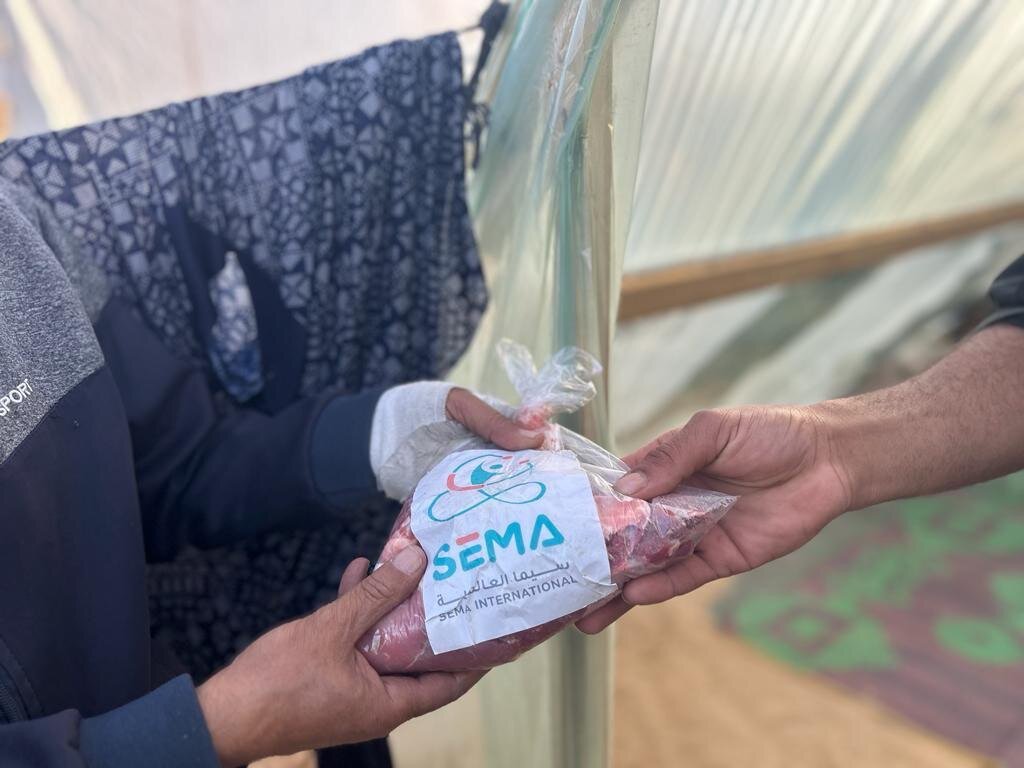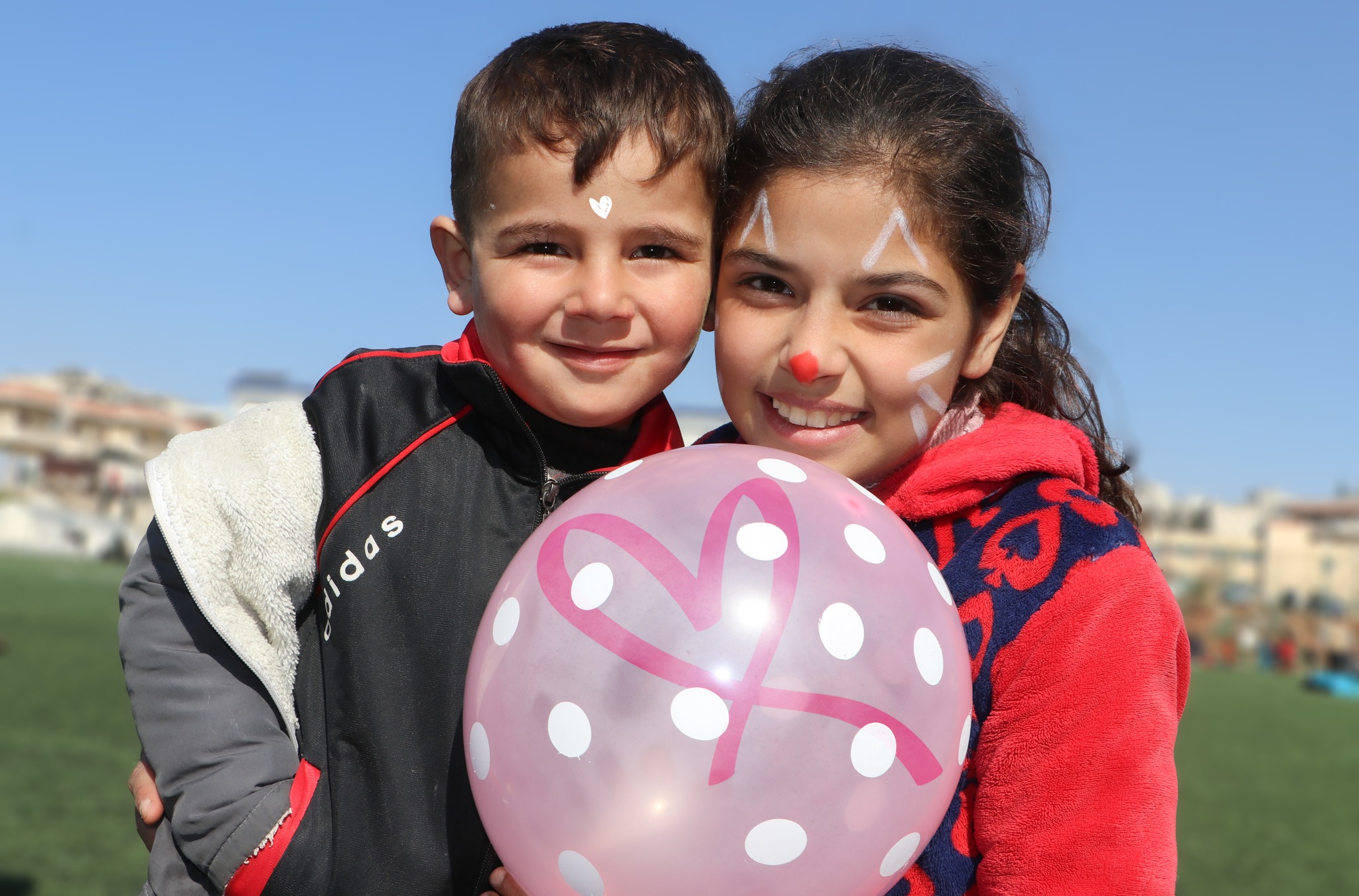Ramadan is a month of mercy, forgiveness, and generosity. It is a time when Muslims around the world focus on spiritual growth, self-discipline, and acts of kindness. Charity holds a special place during this sacred time, offering an opportunity to earn immense spiritual rewards while providing relief and support to those in need.
In this article, we will explore the significance of charity during Ramadan, the best times to give, various forms of charity, and practical tips to maximize the impact of your contributions.
The Importance of Charity During Ramadan – A Month of Giving
Charity in Islam is not just an act of generosity but a fundamental part of faith. During Ramadan, the importance of charity is magnified, as this holy month is a time of reflection, gratitude, and giving back to the community.
The Quran emphasizes the value of charity, stating:
“Those who spend their wealth in the way of Allah are like a grain of corn that grows seven ears, and in each ear, there are a hundred grains.” (Surah Al-Baqarah, 2:261)
The act of giving charity during Ramadan serves two primary purposes:
Spiritual Purification: Charity cleanses the soul from greed and selfishness.
Social Responsibility: It ensures that those less fortunate have access to basic necessities, allowing them to share in the joy of Ramadan and Eid.

Types of Charity in Ramadan: Zakat, Sadaqah, and Zakat al-Fitr
Zakat: An obligatory annual charity, calculated as 2.5% of a Muslim’s qualifying wealth. It serves as a means to redistribute wealth and support vulnerable members of society.
Sadaqah: Voluntary charity given out of kindness and goodwill. It can be in the form of money, food, clothing, or any assistance that helps those in need.
Zakat al-Fitr: A mandatory charity paid before the Eid prayer, usually in the form of staple food items. It ensures that everyone can celebrate Eid with dignity and joy.
Understanding and fulfilling these forms of charity during Ramadan is essential for maximizing their spiritual and social impact.
The Spiritual Rewards of Charity During Ramadan
Ramadan is a time when good deeds are multiplied, and charity holds a special place in earning divine blessings. The Prophet Muhammad (peace be upon him) said:
“The best charity is that given in Ramadan.” (Tirmidhi)
The rewards of giving charity during Ramadan include:
Forgiveness of Sins: Charity acts as a means of expiation for past mistakes.
Increased Blessings: It brings barakah (blessings) into one’s wealth and life.
Elevated Status in the Hereafter: Acts of charity are rewarded abundantly in the afterlife.
Best Times to Give Charity in Ramadan
While charity is encouraged throughout Ramadan, there are specific times when giving holds even greater significance:
The Last Ten Nights of Ramadan: These nights are considered the most blessed, especially Laylat al-Qadr (The Night of Decree), where good deeds are multiplied manifold.
Fridays in Ramadan: Fridays hold a special place in Islam, and giving charity on this day earns additional rewards.
Before Eid Prayer: Paying Zakat al-Fitr before the Eid prayer ensures that everyone can celebrate the occasion with dignity.
Timing your charitable acts strategically can maximize the rewards and impact of your contributions.
How SEMA Can Help You Pay Your Charity during Ramadan
Organizations like SEMA play a crucial role in facilitating charitable giving during Ramadan. Through transparent processes, reliable distribution channels, and impactful projects, SEMA ensures that your Zakat and Sadaqah reach those most in need.
Whether it’s providing food, medical aid, or supporting education, SEMA ensures every contribution makes a meaningful difference.

FAQ‘s
What is the best form of charity during Ramadan?
The best form of charity during Ramadan depends on your capacity and the needs of the community. However, Zakat, Zakat al-Fitr, and Sadaqah are considered highly rewarding during this holy month. Providing food for iftar, supporting sustainable projects, and donating to trusted organizations are also highly encouraged. The Prophet Muhammad (peace be upon him) said: “The best charity is that given in Ramadan.”
Is Zakat al-Fitr mandatory during Ramadan?
Yes, Zakat al-Fitr is mandatory for every Muslim who possesses more than their basic needs during Ramadan. It must be paid before the Eid prayer, and its purpose is to purify one’s fast and ensure that the less fortunate can celebrate Eid with dignity.
Can I give charity online during Ramadan?
Absolutely! Online donations have become one of the easiest and most efficient ways to give charity during Ramadan. Many reputable organizations offer secure online platforms, mobile apps, and crowdfunding campaigns that ensure your contribution reaches those in need quickly and transparently.
What are the rewards of giving charity on Laylat al-Qadr
Giving charity on Laylat al-Qadr (The Night of Decree) is highly rewarding, as this night is considered better than a thousand months. Any good deed performed on this night, including charity, carries immense spiritual benefits. It is an excellent opportunity to maximize your rewards and blessings.
How can I ensure my charity reaches those in need effectively?
To ensure your charity has the greatest impact:
Donate to trusted and transparent organizations with a proven track record.
Research how your donations will be distributed.
Choose charities that provide clear reporting and regular updates on their projects.
If possible, contribute to sustainable initiatives such as education, healthcare, and long-term development programs.
Organizations like SEMA ensure that every contribution reaches those who need it most efficiently and transparently.
Read More:
- Fasting and Giving: Strengthening Our Faith During Ramadan
- Ramadan Meal Packs: Bringing Joy and Nourishment to Syrian Families


